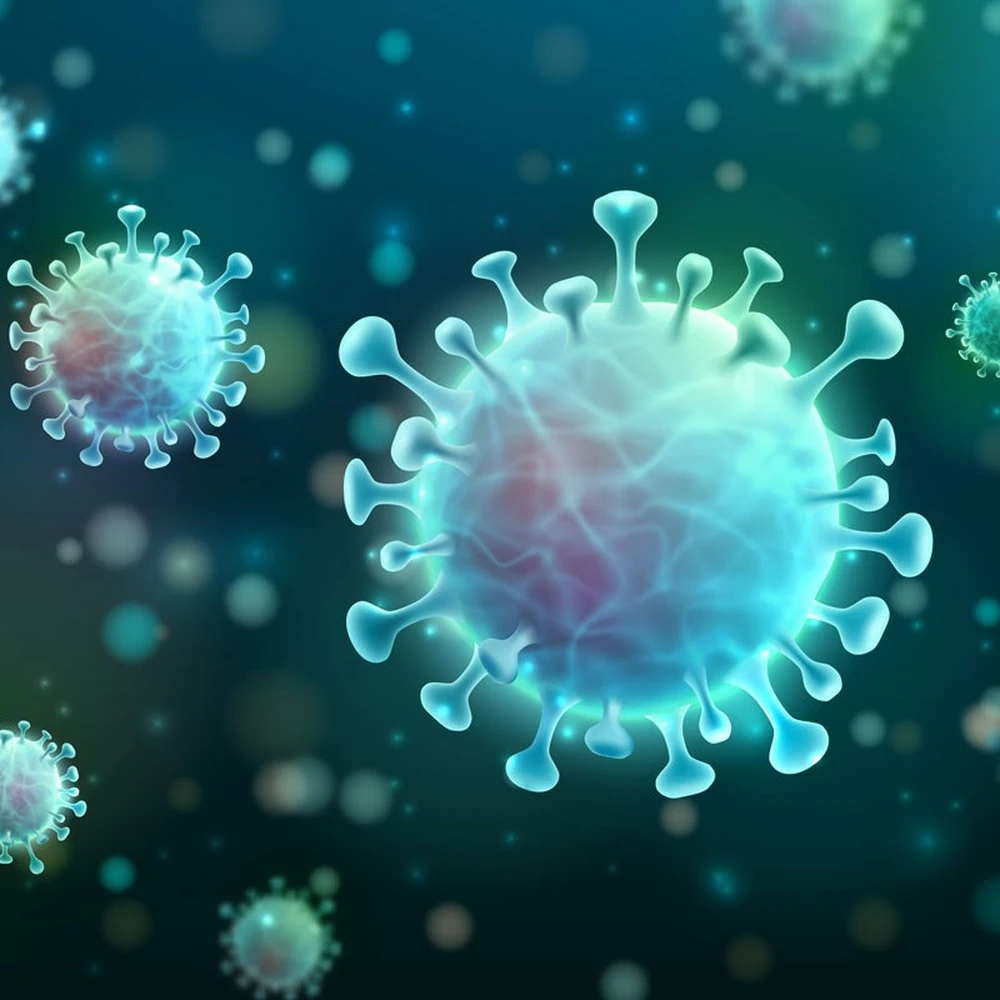
As national attention has focused on the University of Illinois at Urbana-Champaign's response to COVID-19, development of its saliva-based test and other safety precautions implemented on campus, two chemistry professors involved in leading the university response and developing the testing have been featured extensively by national media and science publications.
Professor Martin Burke, the May and Ving Lee Professor for Chemical Innovation, and Paul Hergenrother, the Kenneth L. Rinehart Jr. Endowed Chair in Natural Products Chemistry, have spoken with CNN, The Chicago Tribune, the Washington Post, National Public Radio, Science, Nature, Chemical & Engineering News and others about COVID-19 saliva-based testing on the university campus.

Burke is leading the university's SHIELD initiative, which has strategically deployed rapid and scalable COVID-19 testing to detect the virus by testing thousands of students, faculty and staff on campus multiple times a week along with with frontier modeling and contact tracing efforts that have helped them make adjustments to procedures, allowing students to remain on campus.
It's all been part of a broad integrated effort to reopen the university campus this fall semester as safely as possible. Burke is joined in this effort by a large number of partners from across campus, including Hergenrother, who developed the saliva-based COVID-19 test that has been key in the university campus re-opening. Hergenrother explains in detail the development of this saliva-based test in the Sept. 20, 2020, edition of "COV-Course: A Multidisciplinary Approach to Understanding the Pandemic."
Here are some of the interviews with Burke and Hergenrother:
- Hergenrother talks extensively with C&EN in a Nov. 1, 2020, feature about how the university built its COVID-19 screening system.
- Burke talks with NBC News about the university's decline in COVID-19 cases.
- Burke was interviewed for a story published Sept. 17, 2020, about the UI saliva test being implemented at Illinois State University in Bloomington.
- In a Sept. 10, 2020, ABC story about the university's "aggressive COVID-19 testing protocol," Burke explained that initially the university thought it would test once a week, but based on modeling, realized twice a week would better, explaining that testing must be fast and frequent, because the pace at which the virus expands inside a person creates a short window of time to find out who's positive, quickly isolate a person safely and stop them from spreading it to others.
-
Burke was interviewed during a live spot on CNN. Watch the video.
-
Hergenrother talks with WGN radio host in a Sept. 8 interview about testing.
-
In an article about saliva-based testing, Chemical & Engineering News interviewed Hergenrother about Illinois' testing, reporting that in addition to heating the saliva, the sample preparation involves mixing it with a combination of buffer and detergent, a step that kills the virus, making for safer sample handling, and exposes the virus’s RNA. Then the test utilizes standard RT-PCR reagents and instruments.
-
Hergenrother told Science magazine in an August 24 article that "because the procedure directly tests the fluid responsible for transmitting the virus between people, it may give a better indication of who is most contagious."
- In a Chicago Tribune article about the FDA's authorization, Burke explained that COVID-19 is primarily spread through saliva droplets, so the saliva-based tests are testing the exact medium in which the infectiousness is likely to occur.
- Burke talks about fast and frequent testing being key in an Aug. 19, 2020, article in the Washington Post about COVID-19 saliva tests and how they work.
- He was also interviewed for an Aug. 17, 2020, news feature in Nature.
- NPR show, Morning Edition. Listen to the Aug. 10 broadcast.
- Denver television station KMGH-TV. Watch the Aug. 12 broadcast.
- And Burke was quoted in an Aug. 15, 2020, NPR story about colleges and universities turning to more frequent testing.
Unlike conventional nasal testing, saliva samples in the Illinois COVID-19 test are collected non-invasively without healthcare workers and with minimal use of Personal Protective Equipment at various sites across the university campus. And they are processed in a streamlined procedure that minimizes cost and supply chain bottlenecks.
The SHIELD team is a group of scholars using a science-based approach, utilizing the most up-to-date published research from scientists across the globe combined with recommendations from the Centers for Disease Control and Prevention, the Illinois Department of Public Health and the Champaign Urbana Public Health District. The team, which includes experts in modeling whose work has shown that fast and frequent testing in concert with face coverings and social distancing, is an effective approach to keeping everyone in the campus community safe. The team is also monitoring research daily and making changes as more is learned about COVID-19 and its effects.
Read more about the testing procedures and the science process behind the saliva-based test.